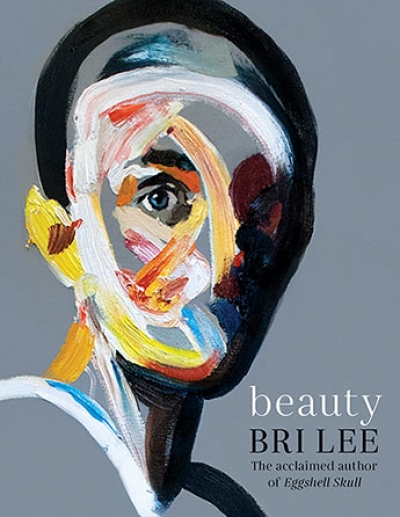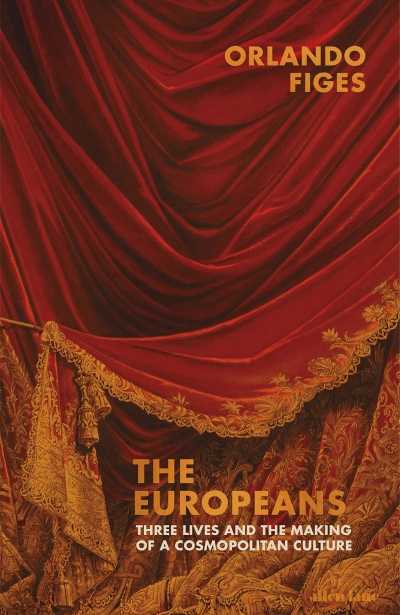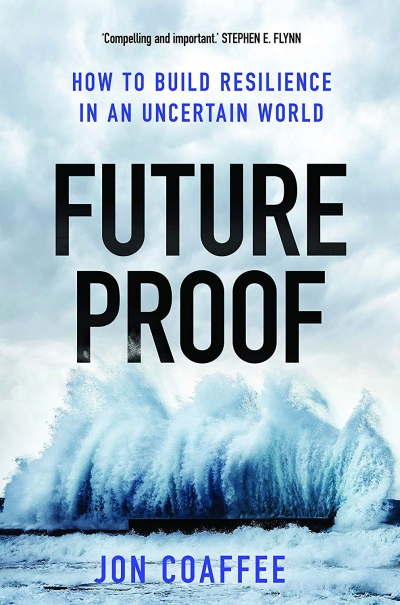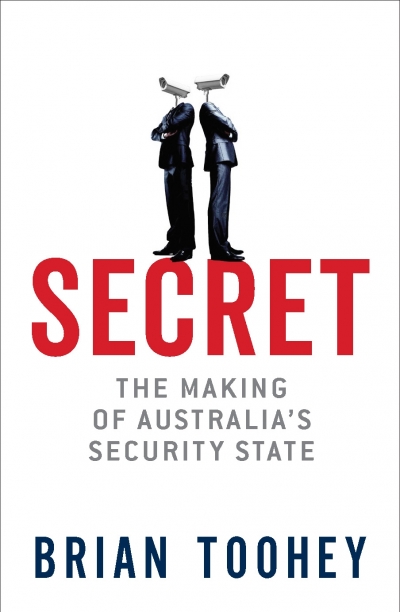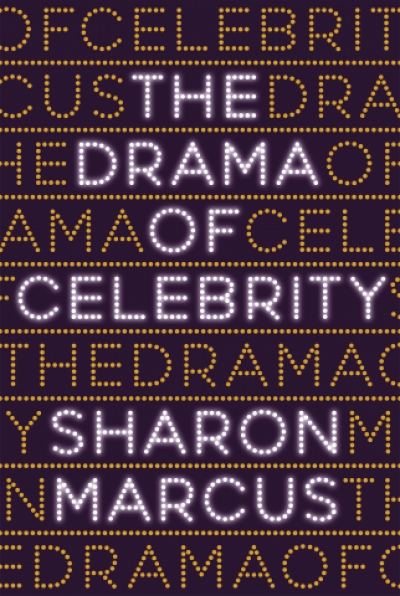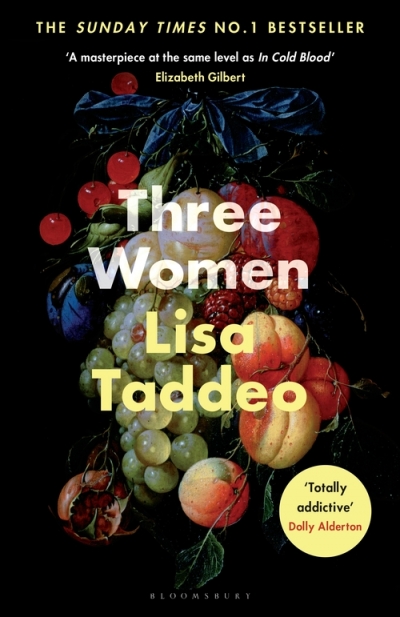Society
On 15 March 2019, the worst mass shooting in New Zealand’s history took place at the Al-Noor Mosque and the Linwood Islamic Centre in Christchurch. Fifty-one people were killed and forty-nine injured as they gathered for Friday prayers. Sickeningly, the gunman, Brenton Tarrant, live-streamed the event on Facebook. A manifesto written by Tarrant quickly surfaced, full of coded language and references best understood by the alt-right community on online platforms such as Reddit, 4Chan, and 8Chan. In court, as he waited for charges to be read out, Tarrant flashed the ‘okay’ signal, once an innocuous hand gesture, now transformed by the culture of the alt-right into a symbol of white supremacy.
... (read more)My local shopping centre has seven nail bars, two waxing salons, and a brow bar. A cosmetic surgery clinic touts ‘facial line softening’ and ‘hydra facials’. A laser skin clinic offers cosmetic injections. Three other beauty temples offer ‘cool sculpting’, ‘eyelash perms’, and ‘light therapy’ for skin. I live in a gentrified, working-class suburb in Melbourne’s inner west. I’ve never set foot in these beauty shops, but they’re replicating like cells.
... (read more)The Europeans: Three lives and the making of a cosmopolitan culture by Orlando Figes
It was what Lawrence Durrell described as ‘the flickering of steel rails over the arterial systems of Europe’s body’ that steadily transformed nineteenth-century Europe into a cultural and social unity that would last until the outbreak of World War I. Not everyone was happy about this. Rossini, who was terrified of trains, stuck to coach travel, while others, including the German poet Heinrich Heine, took a sort of reverse-Brexit view, writing: ‘I feel as if the mountains and forests of all countries are advancing on Paris. Even now, I can smell the German linden trees; the North Sea breakers are rolling against my door.’
... (read more)Future Proof: How to build resilience in an uncertain world by Jon Coaffee
In Future Proof, Jon Coaffee, professor in urban geography at the University of Warwick, asks readers to imagine ‘a typical day’: radio reports of an impending cyclone; public-transport posters encouraging the reporting of ‘suspicious activity’; the path to an office (especially in a CBD) protected by hostile-vehicle-mitigation bollards. At work, computer systems will be tested for security from cyber attacks. The train home will be delayed due to a network complication, and the evening’s television will show the cyclone’s impact, discussing the relative ineffectiveness of hazard mitigation.
... (read more)Secret: The making of Australia’s security state by Brian Toohey
Cass Sunstein, a noted American constitutional scholar, once lamented: ‘The notion that the government may control information at its source is at odds with the idea that the purpose of a system of free expression is to control the conduct of representatives.’ In a liberal democracy – supposedly of the people, by the people, for the people – political opacity is inconsistent with the central premise of government.
... (read more)According to Angela Carter, who wrote perceptively on the subject, ‘the pleasantest, most evanescent kind of fame … is that during your own lifetime’. By the end of her life, Carter had cultivated her own celebrity: she was interviewed on television, adapted her own work for the BBC, and won several awards. Academia is often interested in celebrity when it is, ...
Gun Control: What Australia got right (and wrong) by Tom Frame
This is an unusual book. It is, so the title indicates, about guns and firearm regulations in Australia, with some comparison to the United States. But, as a prefatory note to readers cautions, ‘this book is less about guns and more about the continuing tension between the authority and power of the state and the responsibilities and entitlements of citizens ...
... (read more)Lina. Maggie. Sloane. These are the women – real women, albeit with their names changed – in whose intimate lives Lisa Taddeo invested eight years of her own. She spoke to these women daily, uprooting herself to chronicle and share their worlds. Taddeo’s goal was to reveal the hidden desires and erotic longings of women ...
... (read more)If there was any doubt about the need for intelligent writing on sex, international relations, and that current political catch-phrase – globalisation – look no further than last month’s United Nations General Assembly special session on HIV/AIDS. Convened by the Secretary-General, the session ground to a halt as Syria, Egypt, and Malaysia ...
... (read more)Decolonizing Universalism: A transnational feminist ethic by Serene J. Khader
In November 2001, the United States – along with Australia and its other allies – prepared to embark on the now notorious military operations in Afghanistan and Iraq. At the time, some effort was made to justify these actions to the American public. It fell to Laura Bush, the First Lady, to deliver the apparently feminist case ...
... (read more)


